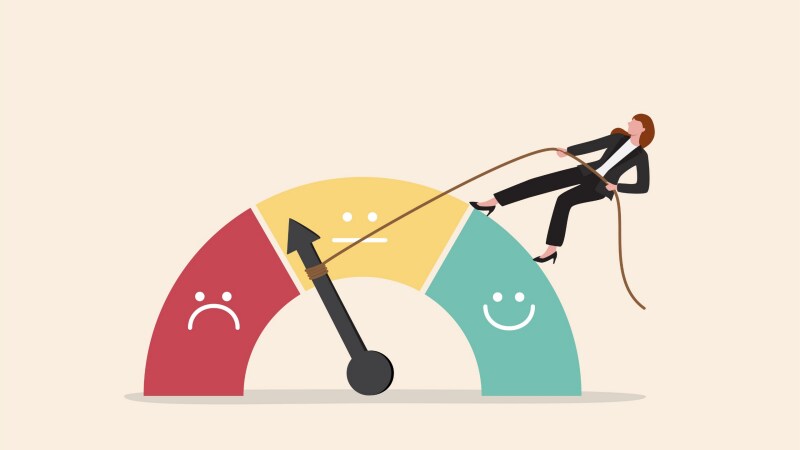What is the lowest possible credit score?

Let’s be honest—not all of us have the best credit scores. That’s okay! Your credit score is not a reflection of your value as a person, but rather a tool to help lenders measure your financial risk.
A poor credit score can impact your ability to make major financial decisions in your life. That’s why understanding what it means can help you make proactive choices and think about ways you can improve it.
In this article, you will learn about:
- The lowest credit score ranges for the two main scoring models
- The disadvantages of having a poor credit score
- Improving your credit score with Chase Credit Journey®
Lowest credit score ranges
When it comes to credit score ranges, it’s important to keep in mind there are many different scoring models, but the two most prevalent are VantageScore® and FICO® scores. Poor credit scores are further categorized into ranges below.
Poor VantageScore credit score ranges are:
- Poor: 500 to 600
- Very Poor: 300 to 499
Poor FICO credit score ranges are:
- Fair: 580 to 669
- Poor: 579 and below
The lowest score you can get with either model is 300, though past scoring models have gone lower (and aren’t used so much today).
Disadvantages of having a poor credit score
Having a poor credit score can potentially inhibit you from making major life choices or create more obstacles to getting what you want—whether that’s a home, car, credit card or a major purchase. The following are a few potential disadvantages to having a poor credit score:
- The inability to get a credit card, a line of credit, a personal loan, etc.
- May affect your ability to rent an apartment
- High APRs for loans you are eligible for
- Hurt your chances of getting employed (if your potential employer runs a credit check)
Improve your credit score with Credit Journey
As you can see, a low credit score may have the ability to make it difficult for you when it comes to major life decisions. Whether you’re taking out a mortgage, buying your first car or looking to take out a loan for a major purchase, a low credit score can hurt your chances of getting what you want.
That’s why it can be essential to be proactive about increasing your credit score with tools like Chase Credit Journey. This free online resource gives you the ability to regularly check your credit score (without hurting it) and can provide a personalized action plan provided by Experian with steps to take that may help you improve your score.



